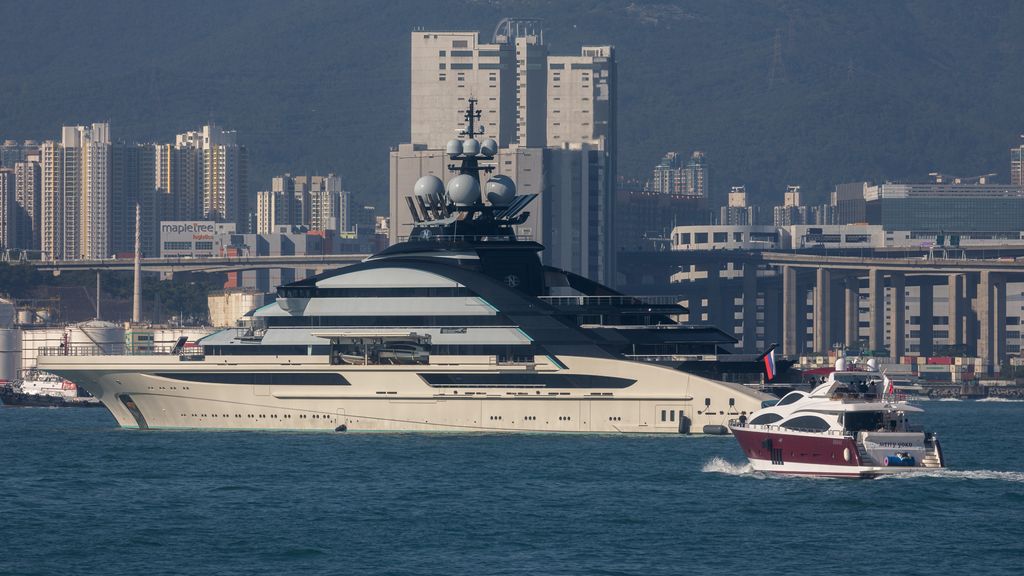
This article was last updated on June 12, 2023
Canada: ![]() Oye! Times readers Get FREE $30 to spend on Amazon, Walmart…
Oye! Times readers Get FREE $30 to spend on Amazon, Walmart…
USA: ![]() Oye! Times readers Get FREE $30 to spend on Amazon, Walmart…
Oye! Times readers Get FREE $30 to spend on Amazon, Walmart…
Table of Contents
Banks Unable to Trace and Freeze Sanctioned Assets
De Nederlandsche Bank (DNB) has revealed that around one-third of banks and financial institutions are unable to trace and freeze assets on sanction lists specifically related to the Russian-Ukrainian conflict. The financial regulator released the data following an investigation into the implementation of sanctions against Russia at 31 institutions. DNB’s Supervision Division Director, Maarten Gelderman, explained that banks can find only about 95% of easy-to-find transactions on the sanction list. While this number is not bad, Gelderman expressed concern over one bank that only recognised 60%. The sanctions lists contain a total of 1,473 sanctioned individuals and 207 organisations such as Russian-based arms manufacturers and the Russian Central Bank.
Problems with Spelling Affects Implementation
One of the complications for banks is identifying sanctioned Russians. Gelderman highlighted the challenge in spelling, explaining that there are many variations of names, such as ‘Putin’ and ‘Putin,’ which can often lead to errors when recognising sanctioned accounts. The situation has caused frustration; lawyer Heleen about de Linden commented, “These are really kindergarten mistakes.” Dutch banks defended their efforts, with the Association of Dutch Banks (VNB) acknowledging challenges in implementing sanctions due to the “speed and complexity of the tasks that the banks have to perform.” However, they have pointed out that sanctions’ implementation has been generally effective.
Minimal Development in Freezing Sanctioned Assets
The freeze on bank accounts and assets initially hit a stumbling block in the Netherlands. The country froze only €6m in the first month after the invasion, while other EU countries reported billons at that point. The Dutch government promised to do better, and in spring 2022, the frozen assets rose to €640m. However, since then, the amount has stalled, standing at €644.5m. Opposition parties have criticised the government’s stance on implementing sanctions. Lawyer Yvo Amar commented, “You would expect that something more would have been frozen than what is happening now.”
Calls for a Government Desk
The Association of Dutch Banks has called for an official government desk to handle queries about sanctions. Meanwhile, several experts in the sector have criticised the Dutch government, arguing that the lack of direction is part of the problem. In a response to these comments, the Dutch ministers, Hoekstra and Kaag, said they did not agree with the Cabinet’s criticism. However, they said that it was true that with sanctions against Russia, a lot of responsibility ended up with the financial institutions, resulting in gaps in implementing sanctions.
Conclusion
DNB confirmed that around one-third of banks and financial institutions were unable to trace and freeze assets on sanction lists related to the Russian-Ukrainian conflict. Although Dutch banks acknowledge the significant challenges in implementing sanctions, they have pointed out that implementation has generally been effective. The Association of Dutch Banks has called for an official government desk to deal with sanctions. However, some experts have criticised the Dutch government’s lack of direction and have argued that more should be done to ensure the efficient implementation of sanctions.

Be the first to comment